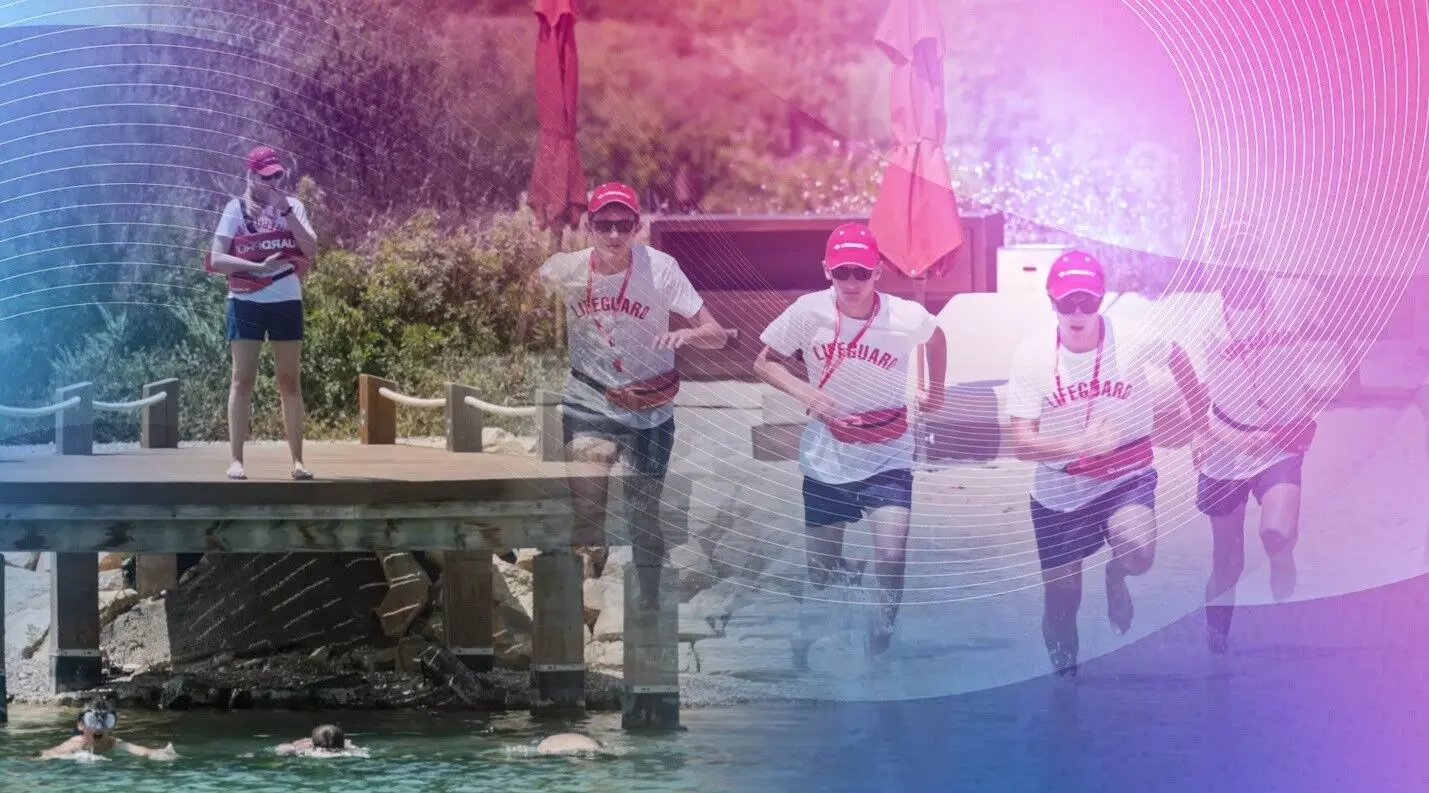Lifeguarding Programs for a Summer Career
image for illustrative purpose

Are you looking for more fun in summer than get a job that requires you to stay near water. Lifeguarding is a career option that gives this opportunity; however, lifeguarding is more than just a job: it entails responsibility, some physical fitness, and ample opportunities to intervene in the community. Summer may well start for you with either a lifeguarding instructor.
In this article, we will explore the benefits of lifeguard programs, and what it entails to be a lifeguard or an instructor.
Why Go for a Lifeguarding Job?
Being a lifeguard means being mostly in the sun next to the swimming pool or recreational area. It is a pulsating concept, involving active alertness, cogitating on various possible outcomes, and providing appropriate responses during an emergency. Some of the reasons that make lifeguarding a sound summer career choice include the following:
1. An Impact: Lifeguards ensure the safety of both swimmers and beachgoers. Your skills may save lives.
2. Physical Activity: Lifeguarding keeps you fit- your days are spent outdoors, swimming, and getting into shape.
3. Skill Development: Your training will include CPR, first aid, and emergency response lifetime skills valuable in every career or life situation.
4. Time Flexibility: Many lifeguard jobs have flexible work hours for the summer which makes it great for students and those just looking for summer jobs.
5. Promotion Opportunities: Lifeguarding instructor opportunities or further aquatics management jobs could lead you into a longer career path.
The Way to Becoming a Certified Lifeguard
The first step, especially for freshers is gaining a lifeguard certificate. It is mandatory to work as a lifeguard in pools, water parks, and beaches. What you need to know is:
1. Eligibility criteria
- Age: Most lifeguard training programs require candidates to be at least 15.
- Swimming Skill: You should be able to swim strongly in treading water, swimming laps, and retrieving objects from the bottom of the pool.
- Physical Fitness: It is an uphill task, so maintain your physical fitness.
2. Lifeguard Certification Courses
Lifeguard certification courses usually include:
- Water rescue techniques
- CPR and AED training
- First aid for injuries and medical emergencies
- Spinal injury management
- Surveillance and prevention strategies
The American Lifeguard Association conducts nationwide accepted lifeguard courses for certification purposes. The courses are practice-life-oriented, ensuring you can cope with any situation that may be presented to you.
3. Certification
- Register for a course offered by a well-renowned organization like the ALA.
- Finish the training which usually includes classroom instruction and field monitoring.
- Written exams and practical tests will prove the completion of knowledge and skills.
- You will receive your certification, which usually lasts for two years.
Advancing Your Career
Become a lifeguarding instructor which takes your career up a notch. If you are really into lifeguarding, this is for you. You will train the next generation of lifeguards to become the embodiment of water safety serving your community, passing on your knowledge and skill.
1. Why Start Lifeguarding Instructor?
- Leadership Role: Instructors become leaders in their fields by leading and mentoring new lifeguards.
- Higher Earning Potential: Instructors earn relatively more than entry-level lifeguards.
- Satisfaction in the Job: There is a high level of gratification in knowing that you are equipping people to save lives.
- Career Advancement: This can lead to positions like aquatics management or training coordination.
2. Lifeguarding Instructor Requirements
- Current certification
- Lifeguard experience
- Completion of an instructor training program
- Strong communication and teaching abilities
The American Lifeguard Association instructor training courses prepare you to teach lifeguard certification programs. This training covers lesson planning, teaching techniques, and how to effectively evaluate a student's skills.
3. Have an Expectation: Lifeguarding instructor
- Teach new entrant lifeguards certification courses
- Recertification for experienced lifeguards
- Stay current on updated safety protocols and training techniques
- Work with aquatic facilities to ensure the highest training standards
Tips for Lifeguarding Success
Now, as you are on the way to your lifeguarding career, here are some tips to get through:
1. Fitness Comes First: Lifeguarding is taxing. It needs stamina and strength. Exercising and swimming regularly will keep your muscles fit."
2. Skills Practice: Don't rely on what you were trained for: Practice resuscitation, first aid, and rescue techniques regularly.
3. Staying Alert: To prevent accidents, be careful and watchful. Always scan your area and be ready to act.
4. Would Learning Continue?: Lifeguard protocols and techniques keep changing. For further training and updating, recertification courses become necessary.
5. Build Relationships: Build relationships with other lifeguards and their instructors to exchange knowledge and opportunities.
Final Word: Dive into a Fruitful Summer Career
A lifeguard job is more than just another summer gig; it creates an opportunity to influence lives while living an active outdoor life. If you start with American lifeguard certification or advance to become a lifeguarding instructor, the skills and experience you gain remain with you for life.
The ALA is your partner, providing high-quality training programs aimed directly at success. So why not get started this summer? Jump into a thrilling and satisfying career. Your community needs lifeguards and instructors—could that be you?
By picking lifeguarding as your summer career, you earn not just a paycheck but a safety net and a champion in the making. Through legitimate training and dedication, you could sculpt this highly seasonal job into an eternal legacy. Dive in today!

